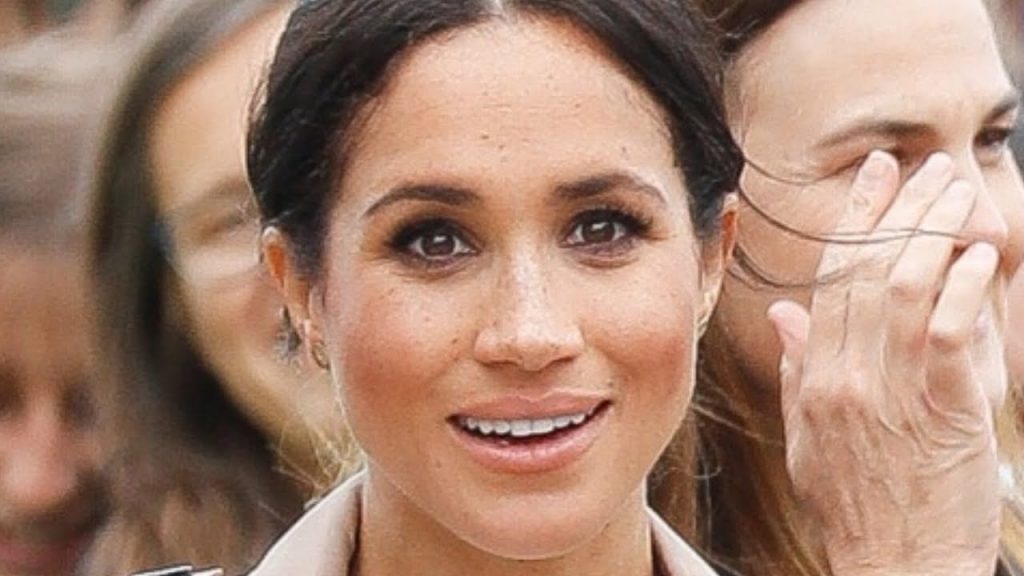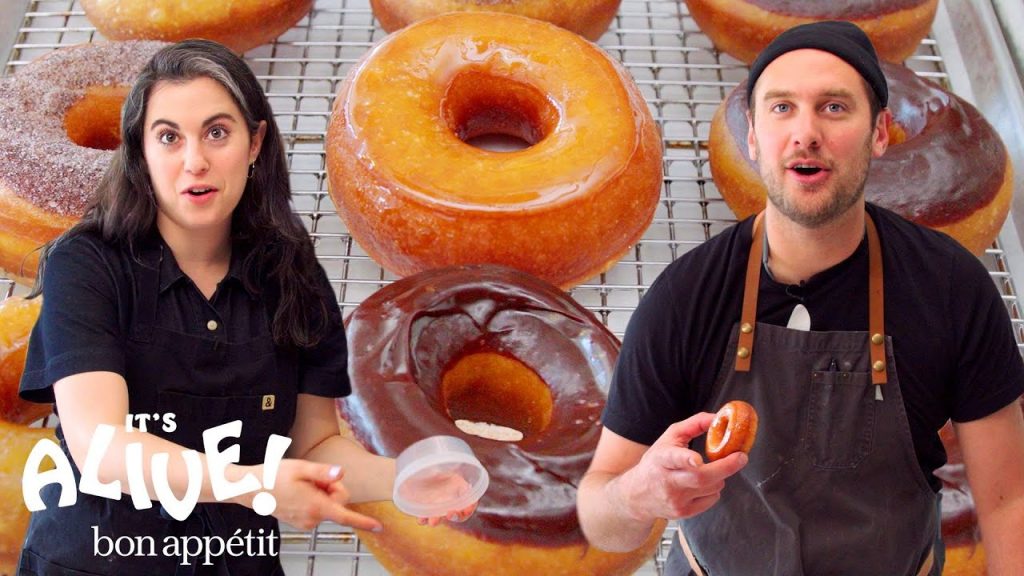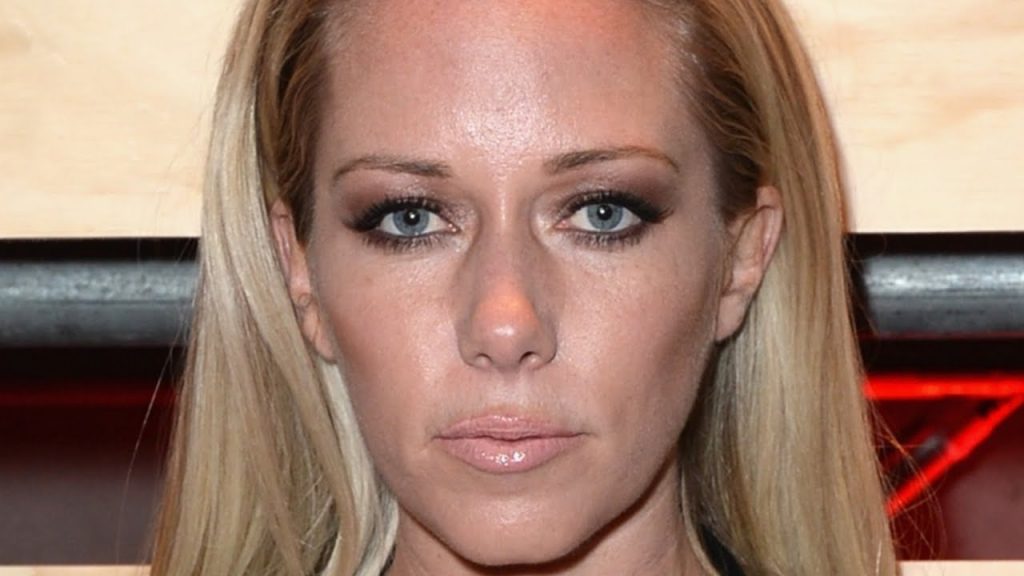Here’s Why The Biggest Loser Is Totally Fake

NBC’s long-running hit reality show The Biggest Loser provided undeniable results for contestants, like massive weight loss and enormous lifestyle changes.
But was it all legit, and were those changes all positive? As it turns out, no, not really. Here’s why The Biggest Loser is totally fake…
One week? | 0:20
Playing dirty to maximize drama? | 0:57
Drug investigation | 1:41
Fake scale | 2:25
Extreme measures | 2:51
Don’t try this at home | 3:31
Does The Biggest Loser accurately depict sustainable weight loss strategies?
Here’s Why The Biggest Loser Is Totally Fake
The Biggest Loser is a popular reality television show that pits contestants against each other in a weight loss competition. The show’s format centers around intense diet and exercise regimens that can result in significant weight loss in a short period of time. However, many viewers and critics have questioned the veracity of the show, citing evidence that The Biggest Loser is entirely fake. Here, we examine some of the reasons why The Biggest Loser is not as authentic as it might seem.
False Claims of Rapid Weight Loss
One of the main criticisms of The Biggest Loser is that the weight loss achieved by the contestants is not feasible or sustainable. In the show’s early seasons, contestants were shown losing upwards of 10 pounds per week, which is a rate considered unachievable by medical professionals. Furthermore, many contestants have gained back the weight they lost after leaving the show, indicating that the weight loss was not sustainable. The show’s producers have admitted that they encouraged contestants to lose weight as quickly as possible to create the drama and excitement that drives the show’s narrative.
Unrealistic Portrayals of Diet and Exercise
Another major critique of The Biggest Loser is that the show’s portrayal of diet and exercise is unrealistic. Contestants are often shown working out for up to eight hours per day and dining on salads and lean proteins. However, in real life, it’s challenging to maintain such strict routines without professional help. Additionally, the financial and time resources required to maintain such a strict diet and exercise program are not accessible to most people.
Manipulated Storylines
The Biggest Loser follows a competitive format, with contestants competing for a cash prize at the end of the season. However, just like any reality show, the show’s producers manipulate the storyline and outcomes to make for a more engaging viewing experience. Many fans have accused the show of portraying contestants unfairly or pushing contestants to engage in dramatic behavior for the sake of ratings.
Inaccurate Medical Information
The Biggest Loser purports to educate viewers about the health benefits of losing weight. However, many of the show’s claims about weight loss and diet and exercise are misguided or inaccurate. For instance, the show often promotes rapid weight loss, which is not considered healthy by medical professionals. Additionally, the show does not provide realistic solutions for people facing weight gain or obesity, and instead, suggests that those experiencing these issues are simply not trying hard enough.
In conclusion, despite its immense popularity, The Biggest Loser is a highly manipulated and dubious reality television show. The show’s portrayal of diet, exercise, and weight loss is unrealistic at best and harmful at worst. It’s essential to critically examine media like this to understand the impact it has on society and people’s view of health and body image.
Warning: Trying to access array offset on value of type null in /srv/users/infosearched-network/apps/infosearched-network/public/wp-content/themes/rehub-theme/functions/review_functions.php on line 499
Warning: Trying to access array offset on value of type null in /srv/users/infosearched-network/apps/infosearched-network/public/wp-content/themes/rehub-theme/functions/review_functions.php on line 503

![Floyd Mayweather vs Logan Paul: Fight goes the distance [Highlights, recap] | CBS Sports HQ](https://entertainment.infosearched.com/core/uploads/sites/5/2021/06/47632-floyd-mayweather-vs-logan-paul-fight-goes-the-distance-highlights-recap-cbs-sports-hq.jpg)







10 Celebs Who Fell Victim To Their Own INSECURITIES
Professional Chefs Blindly Taste Test Cheese | Test Kitchen Talks | Bon Appétit
10 Beauty Products That Are Better At The DRUGSTORE
Gucci Mane – Rumors feat. Lil Durk [Official Video]
What The Most Memorable Wife Swap Families Are Doing Now